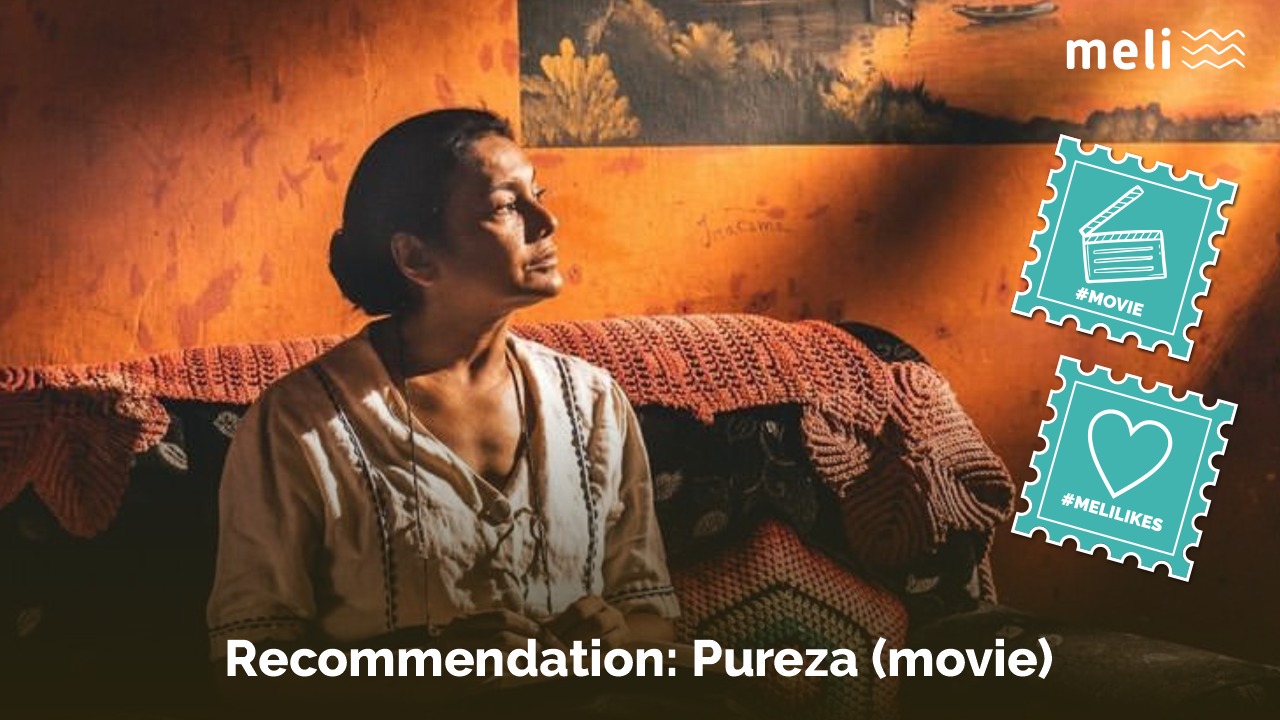A moving film dealing with an urgent problem.
Author: Ana Rosa de Lima
Leia em português. Auf deutsch lesen.
“Modern slavery” or “slavery-like conditions” were the tools that made the barbaric invasion of the Amazon possible, which happened particularly in the so-called “arc of deforestation”. Crimes perpetrated against human rights have allowed crimes against the environment to take place (which once again affect human rights globally). This is the scenario portrayed during the film “Pureza” (a personal name also with the meaning of “purity”), a production of Gaya Filmes and Ligocki Entretenimento, directed by Renato Barbieri, produced by Marcus Ligocki Jr. and with the actress Dira Paes in the main role.
It is a complex task to illustrate this context so full of catastrophes, which has the most biodiverse region in the world as its backdrop. The film succeeded in showing this complex reality from the perspective of a personal catastrophe: the disaster that happened inside Mrs. Pureza’s family.
Mrs. Pureza’s son, Abel, left Maranhão with great plans, but ended up as a victim of modern slavery inside a farm in the southeast of Pará. Similar stories are shared by many workers coming from different Brazilian states, mostly in the Northeast of the country, such as Maranhão, Piauí, Ceará and Bahia. The protagonists of many of these stories end up becoming numbers, or not even that, they simply “disappeared into the world”.
Pureza Lopes Loyola is alive and is a symbol of the fight against forced labour
The film is a biographical drama. Pureza Lopes Loyola is alive and is a symbol of the fight against forced labour. She is happy that her story became a film and has shared many memories for the production of the film, which certainly gave it even more veracity. As a result, the film has already participated in 35 national and international festivals and has already received 28 awards.
With the lack of news from her son, Pureza did not observe this situation inertly, but instead waged a colossal struggle, probably much greater and more complex than she could have imagined when she started the three-year journey in search of her son. She left the interior of Maranhão, heading to Marabá, in the southeast of Pará, a city that to this day struggles against the old image portrayed by the nickname “Marabala” (Marabá + bullet) and tries to build up the identity of “Marabela” (Marabá + beauty), with the support of the local community, hopeful for its regeneration.
Clues led Pureza to a farm where she was able to unmask a major modern slavery scheme. With immense courage, she was able to change not only the life of her son but also lives connected to several other families and friends, bringing into focus the violation of human rights happening openly in Pará. A region that has been made invisible on the national scene and even more ignored on an international scale.
The film presents structures that are very well known in the region and that expose the colonialist mentality within the country
The film presents structures that are very well known in the region and that expose the colonialist mentality within the country as a whole, such as the large land owner who, despite living in the southeast (economically richer part of the country), has several farms in Pará without ever connecting with the state he visits only to exploit. An even crueller structure can be visualized off-screen in the prejudice against people from the Northeast, especially people from Maranhão, as illustrated in the constant jokes ridiculing people from Maranhão that can be heard in southeast Pará.
This was not the first film that delves into the complex region. Alexandre Rampazzo’s film “Nas Terras do Bem-Virá”, must also be highlighted as a strong and moving documentary showing the reality of this region. But the human touch of portraying the vision of Mrs. Pureza, wonderfully played by Dira Paes, allows even the international community to get closer to this reality and feel the mother’s pain.
Your donation can have a positive impact on the world!
Subscribe to receive our Newsletter!
Find us also at Linkedin, Facebook, Twitter or Instagram
www.meli-bees.org
❤️


nice! let us know once the film can be streamed or purchased.
It was in the Brazilian cinemas 🙂
We did a few sessions during the events of the decolonial journey in Amsterdam, Munich, Freiburg – and might do another one in Munich, plus one in Düsseldorf and one in Ochsenhausen very soon!